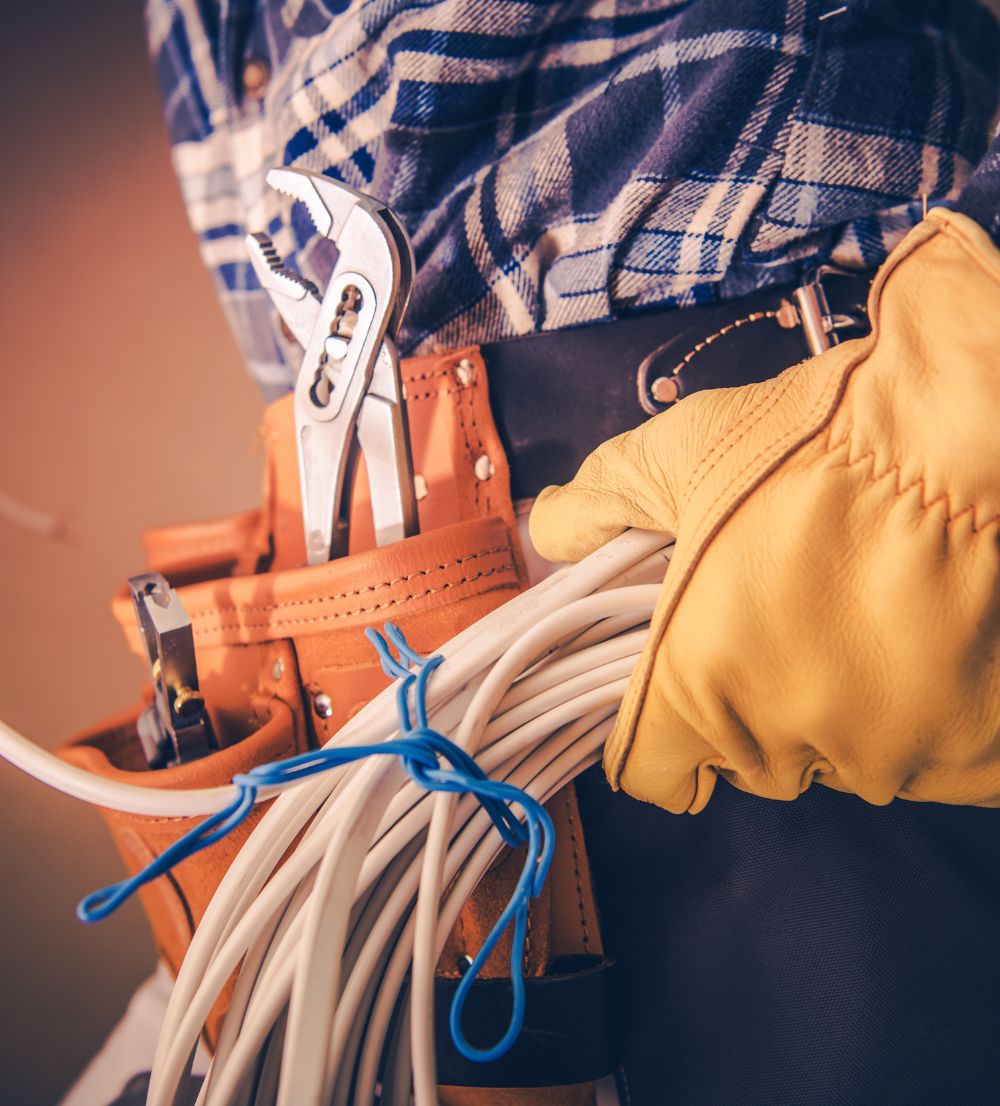As a homeowner, it’s important to have some basic electrical repair knowledge. While you should always leave major electrical repairs to professionals, knowing how to handle small issues can save you time and money. Here are a few essential electrical repair tips from the top electrical services in Dubai to help homeowners address minor issues safely and effectively.
Safety first:
Safety should always be the top priority when dealing with electrical repairs. Before starting any repair work, switch off the power to the affected circuit at the main electrical panel to avoid the risk of electric shock. Additionally, use insulated tools and wear protective gear such as gloves and safety glasses to prevent injuries.
Identify the problem:
Before attempting any repairs, diagnose the problem to determine its root cause. Common electrical issues include faulty outlets, tripped circuit breakers, flickering lights, and malfunctioning switches. Thoroughly inspect the affected area and troubleshoot the problem to identify the source of the issue.
Replace faulty outlets or switches:
If you encounter a malfunctioning outlet or switch, it’s often best to replace it rather than attempting repairs. Faulty outlets or switches can pose fire hazards and should be addressed quickly. Turn off the power to the affected circuit, remove the cover plate, and replace the outlet or switch following the manufacturer’s instructions.
Reset tripped circuit breakers:
Tripped circuit breakers are a common occurrence in residential electrical systems and can be easily reset. Locate the main electrical panel in your home and identify the tripped circuit breaker, which will be in the “off” position. Simply switch the breaker back to the “on” position to restore power to the affected circuit.
Address flickering lights:
Flickering lights can be caused by various factors, including loose bulbs, faulty fixtures, or wiring issues. Start by tightening or replacing any loose bulbs to see if the problem persists. If flickering continues, inspect the light fixture for loose connections or damaged wiring. In some cases, you may need to consult a professional electrician to address underlying wiring issues.
Use GFCI outlets in wet areas:
Ground Fault Circuit Interrupter (GFCI) outlets are designed to protect against electrical shocks in wet or damp environments such as kitchens, bathrooms, and outdoor areas. Install GFCI outlets in these areas to improve safety and comply with building codes. Test GFCI outlets regularly to ensure they are functioning correctly by pressing the “test” and “reset” buttons.
